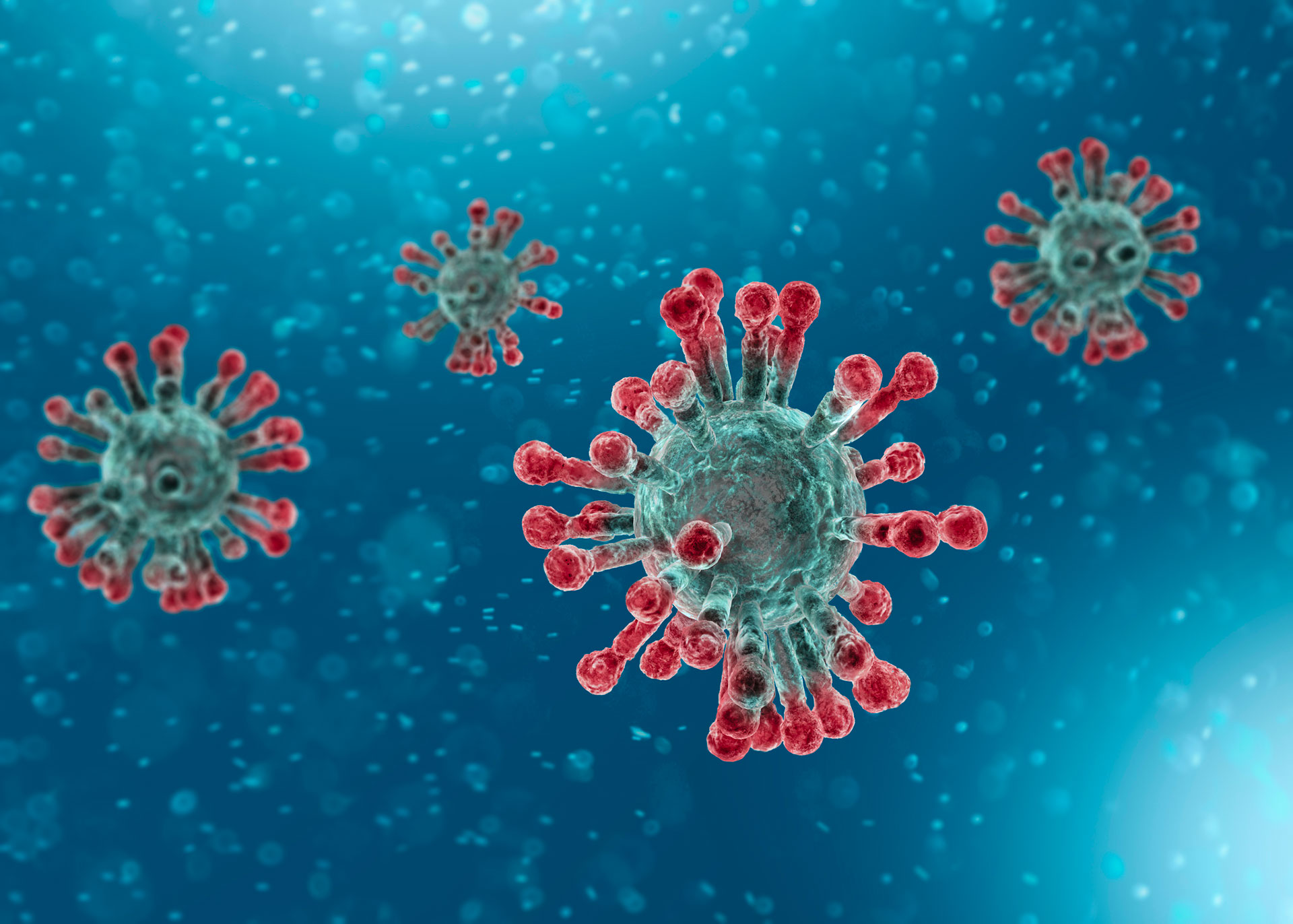Scientific researchers have been working tirelessly to find ways to better understand, treat, and eventually eliminate COVID-19 and the illnesses that result from its infection. One line of inquiry into COVID-19 has been through the lens of epigenetics, which examines chemical modifications that take place “above” the DNA sequence and the role they play in regulating gene expression.
Epigenetics not only provides potential for diagnosing the coronavirus disease, but also may help us understand the disease mechanisms at a molecular level as well as offer tools, such as the epigenetic clock, to ultimately help reduce its morbidity and mortality.
Epigenetic Testing for COVID-19
Months after the first COVID-19 case was reported in the U.S., the supply of SARS-CoV-2 virus tests still falls short of ongoing demand. Test developers have rushed not only to increase capacity but also create new types of tests. One such molecular test is being developed using epigenetic analysis.
The blood-based epigenetic test emerged from the Epigenetic Characterization Observation (ECHO) program, a project set up by the U.S. Military’s Defense Advanced Research Projects Agency (DARPA) originally designed to reveal exposures to bioweapons or WMDs. In partnership with scientists at Mount Sinai Icahn School of Medicine, Princeton University and Duke University, ECHO has been developing a rapid diagnostic test that can potentially detect the presence of the virus as early as 24 hours after an infection, several days before an individual shows symptoms or becomes infectious.
“We’re looking at the epigenetic response of your own body,” said Dr. Brad Ringeisen, Biological Technology Office Director at DARPA. “That epigenetic response may occur on day one of exposure to that virus, and so your body starts adjusting, it starts adapting to that infection and it starts leaving genetic marks on your genome. So we’re very confident that we’re going to be able to identify host epigenetic marks that are specific to this new COVID-19 outbreak.”
Epigenetic Mechanisms of Disease
Epigenetic research may also contribute to our understanding of the molecular mechanisms of the disease caused by the novel coronavirus, although further research and validation is needed.
One of the most puzzling features of COVID-19 is its disproportionate effects on the elderly, with over 80% of hospitalizations and deaths occurring in those 65 years of age and older. Why this is the case is not yet clear to scientists, but aging researchers at the Glenn Center for Biology of Aging Research, Blavatnik Institute, and Harvard Medical School believe that molecular differences between young, middle-aged and elderly, may determine whether COVID-19 is a mild or life-threatening illness.
In the preprint paper “Why does COVID-19 disproportionately affect the elderly?” the researchers speculate that differences in the immune system, glycation, the epigenome, inflammasome activity, and biological age might offer explanations to why SARS-CoV-2 progresses in some people and not others.
“Age-related changes to the host’s epigenome compromise immune cell composition and function, negatively impacting viral defenses, including adaptive immune memory during infection,” the researchers write. Since coronaviruses are known to mediate epigenetic change, perhaps accelerating the rate that the immune system ages, it’s possible that “SARS-CoV-2 entry into cells may be epigenetically determined and contribute to the vulnerability of the aged.”
This argument is supported by research published in 2017 that showed that RNA viruses like coronaviruses can disturb the epigenome through several different mechanisms, including interfering with histone modification enzymes and chromatin remodeling machinery, and encoding for viral proteins that interact directly with the host’s modified histones.
Factors that increase the fatality risk of COVID-19. Epigenetic dysregulation, immune defects, advanced biological age, and other factors increase the risk of cytokine storm and COVID-19 fatality.
The researchers also consider epigenetic clocks in their study, suggesting that biological age might provide a better biomarker than chronological age for predicting how lifestyle factors and age-related comorbidities increase susceptibility to COVID-19.
Slowing Aging to Fight COVID-19
In a paper published in the journal Aging entitled Geroprotective and senoremediative strategies to reduce the comorbidity, infection rates, severity, and lethality in gerophilic and gerolavic infections, Alex Zhavoronkov, PhD, chief scientist of the Biogerontology Research Foundation argues that since COVID‐19’s infection rates, severity, and lethality are substantially higher in the older population, innovative strategies using geroprotectors like rapamycin and RAD001 could be considered for further research in future clinical studies.
Indeed, the mortality risk posed by the coronavirus has spurred renewed interest in testing drugs to rejuvenate the aging body. Wired has reported that the pandemic may be a boon for longevity research, with one company, ResTORbio, looking at whether giving 550 nursing home residents an oral capsule of RTB101 each day over a period of one month could protect them from becoming severely infected with the virus.
The severity of COVID-19 in elderly populations invites more research in the field of epigenetics and biological aging. As society fights the pandemic, epigenetic science may continue to provide clues on diagnosing, understanding, and treating both coronaviruses and underlying causes of aging.


